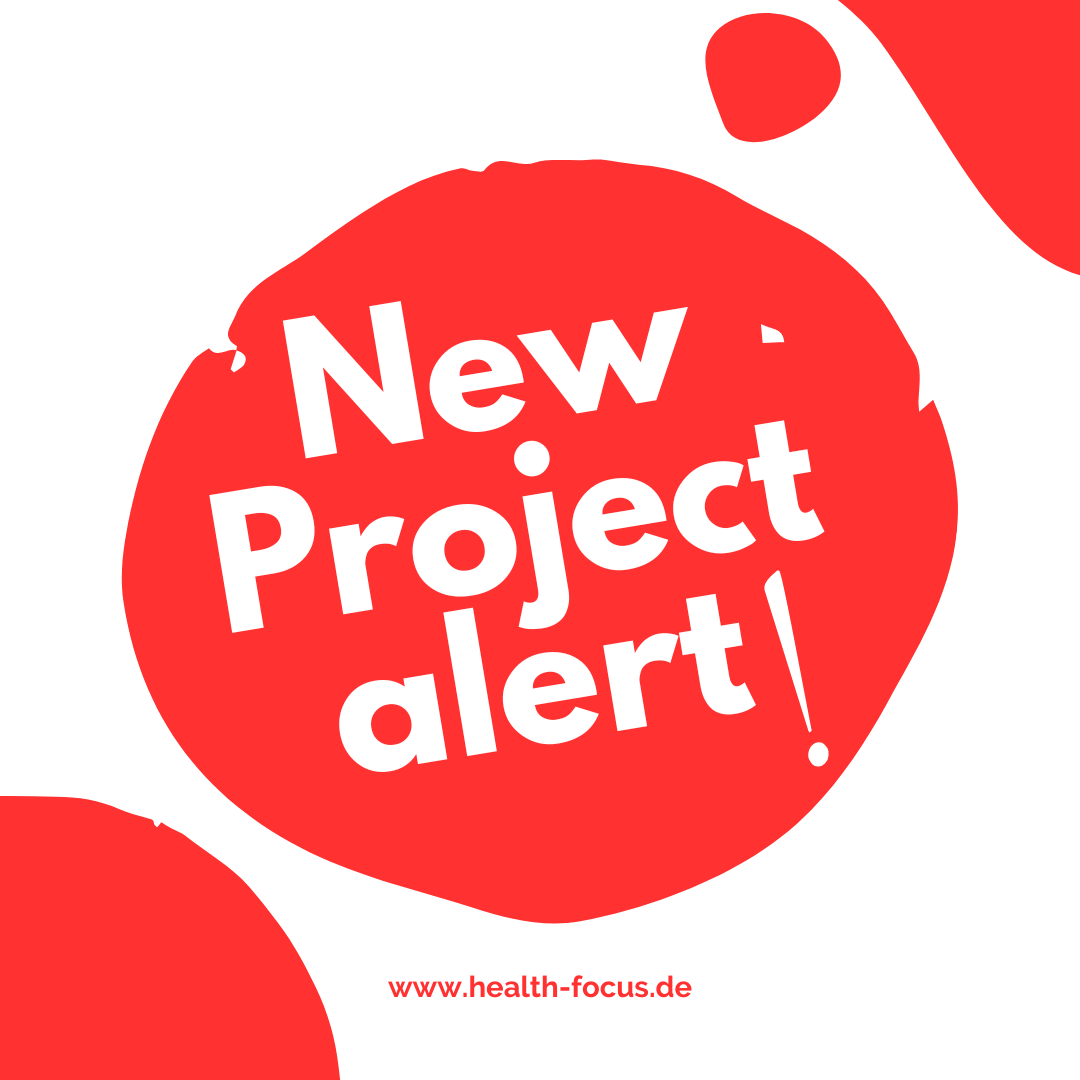Improving Health Care Provision in Tanzania (IHC2): Capacity Development for EmONC, Newborn Health and Family Planning
We are delighted to announce that Health Focus and evaplan GmbH have been commissioned by the Deutsche Gesellschaft für Internationale Zusammenarbeit (GIZ) to support the implementation of the second phase of the Tanzanian-German Improving Health Care Provision (IHC2) programme in Tanzania.
This assignment is scheduled to run until the beginning of 2026. Its implementation is in cooperation with Tanzania’s Ministry of Health and the President’s Office Regional Administration and Local Government (PORALG).
IHC2 builds on the successful experiences of the previous projects, Improving Mother and Child Health (IMCH, 2014-2018) and the first phase of IHC (IHC1, 2019-2023), which supported by Health focus and evaplan. The achievements of these projects, have been significant, focusing on reducing maternal and neonatal mortality through the development of standard operating procedures and job aids, training of health care workers, regular mentorship and clinical attachments, and the provision of essential medical equipment. Capacity development for family planning services has also been integrated into these efforts.
Globally, it is reported that nearly half of child mortality (age 0-5 years) occurs in the first month of life, with one third of these deaths taking place within the first 24 hours. In Tanzania, 25 out of every 1000 new-borns die on their first day of life, with prematurity, breathing difficulties, infection, and cold temperatures (BMZ, 2021).
The latest data reveals that within the hospitals in the Tanga region supported by GIZ, prematurity emerged as the primary cause of neonatal deaths within the facility. Throughout 2021 and 2022, a total number of 22,901 live births occurred in these facilities. Out of these, 2,640 babies (11.5%) were born with low birth weight and/or prematurely. Among these infants, 122 (4.6%) died during the first month of life (GIZ Tanzania and EAC, 2024)
According to the UNFPA Tanzania, one of four girls aged 15-19 is pregnant or has given birth already, highlighting the lack of comprehensive reproductive health services and knowledge. This situation often leads to disruptions in education and increased vulnerability to health issues. We believe that our efforts will contribute to achieving Sustainable Development Goals (SDG) No. 3 (Good Health and Well-being) and No. 4 (Quality Education).
Health Focus aims to continue its impact by working in the 8 facilities already supported in IHC1 and expanding its reach to 12 new facilities in Tanga region. Our implementation will engage target groups through intermediaries, including health workers and managers in selected health facilities, local partners in school-based youth clubs, and community representatives involved in district and health facility budgeting.
